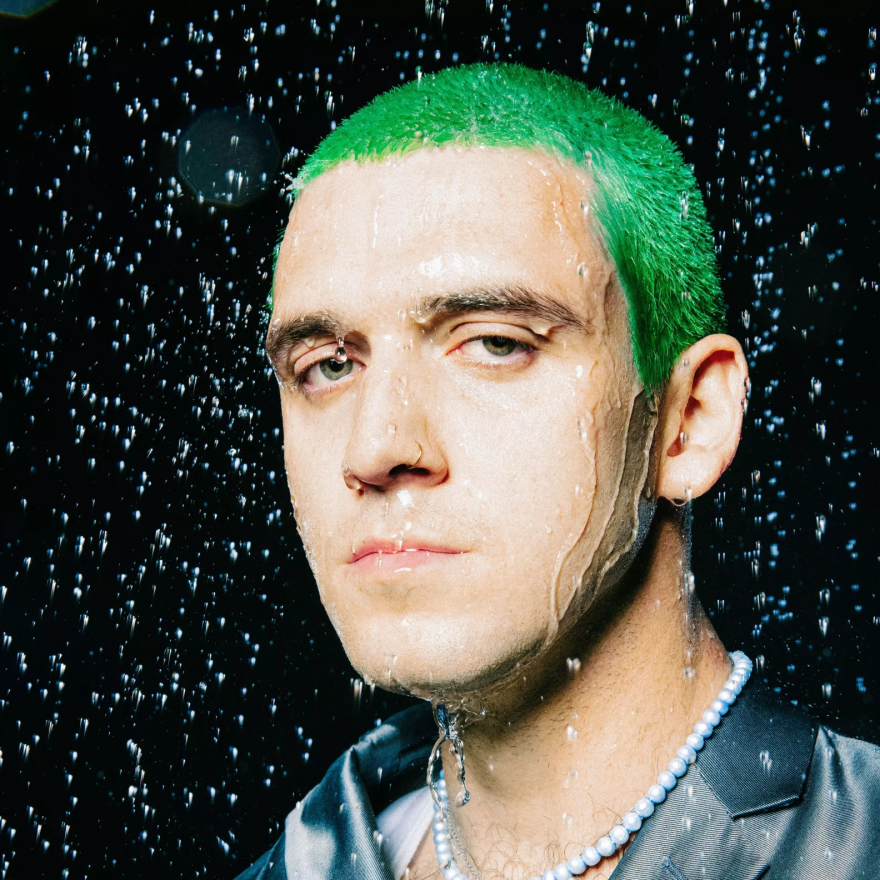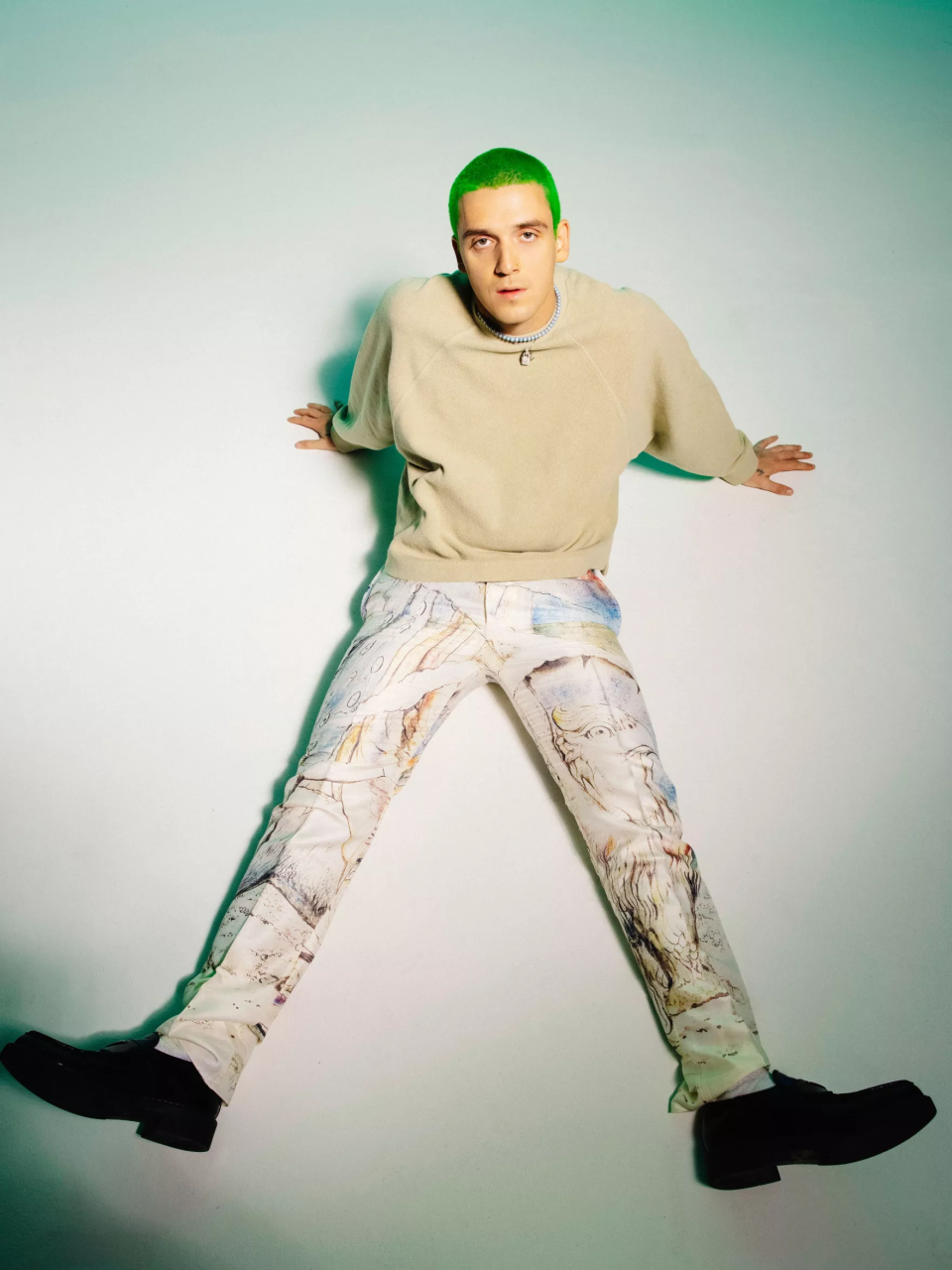With our free press under threat and federal funding for public media gone, your support matters more than ever. Help keep the LAist newsroom strong, become a monthly member or increase your support today.
Lauv Longs For The Happiness Of Childhood On 'All 4 Nothing'

There's been an interesting trend in pop music recently: an honesty about struggling with mental health.
The rapper Logic had a hit with a song titled after the Suicide Hotline number. There's a hit on the charts right now called "Numb Little Bug" — some of it goes "Do you ever get a little bit tired of life/ Like you're not really happy but you don't wanna die?" There are loads of other examples.
Well, one of the artists at the forefront of normalizing mental health issues in this way is Ari Leff, better known as Lauv.

In 2017, he scored a major hit, "I Like Me Better," and it launched him to instant stardom.
His new album dropped on Friday; it's called All 4 Nothing.
On the album, Lauv often writes about the happiness and confidence of his younger days ... something he hadn't been feeling at the time.
"I was extremely anxious; I felt really disconnected from myself," he told NPR's A Martinez. "My life had changed so rapidly over the past few years, largely due to my career and moving out to L.A. I felt like I had lost touch with myself a bit and was so caught up in this dream that I had of being a big musician that I kind of forgot who I was deep down. And so this album was really kind of like rediscovering my true self again, which is really nice."
Lauv says his interest in talking openly about his mental health issues is a product of the times we live in.
"I think that a lot of people are feeling that sense of hopelessness and are just overall more open about mental health. It's awesome that there's just so much more transparency now. To be able to express these things and to be able to acknowledge that sometimes, yeah, we have feelings that are very, very, very extreme — that doesn't necessarily mean that that's actually the reality I want to live. I just need to express it in this moment, and then other people can feel that too and relate to it."
Copyright 2024 NPR. To see more, visit npr.org.







